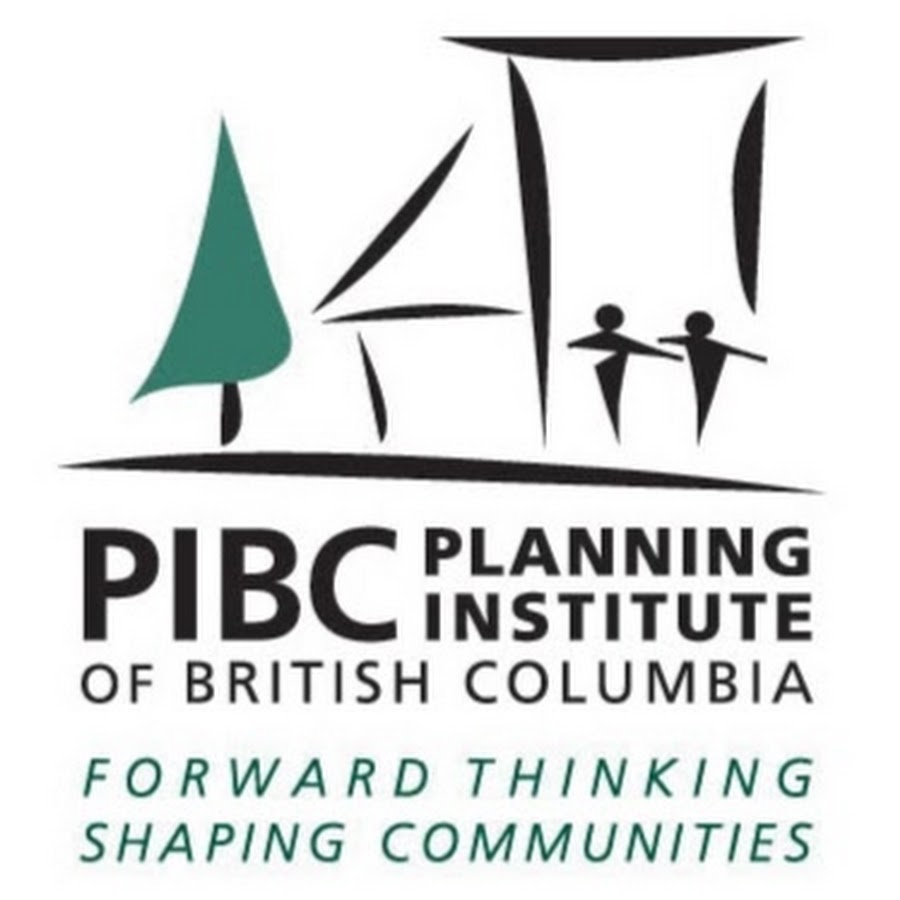Scroll down for current highlights on the range of work and interests of featured faculty and students at UBC SCARP. For more information about UBC SCARP, its planning program, students & faculty, visit www.scarp.ubc.ca
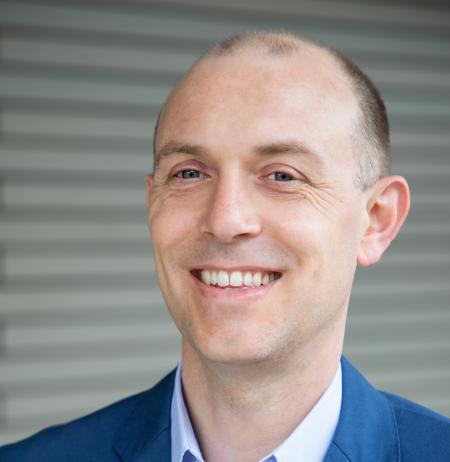
What makes you passionate about planning?
I’m passionate about urban planning as a field because I love the complexity of urban spaces and I enjoy trying to understand the factors that give rise to wildly different built forms and socio-spatial systems. Urban planning is exciting because it also grounds important, but often very abstract, ideas and debates in real-world physical spaces. The optimism, pragmatism and future-orientation of planning – with its grounding in human needs and physical projects – has huge potential to bring together diverse interests for positive change.
Tell us about a project you are working on and why it excites you.
I’m extremely interested in two topics – densification and disasters – that connect Vancouver with many other places around the world. Reflecting my interest in empirical, comparative research, I’ve been working with partners to study how densification plans play out in very different ways across contexts, ranging from Mongolia to Sweden. This project highlights that there isn’t one ideal level of density, but instead “good” density can take many forms, provided it is supported by appropriate infrastructure and social goods. There’s a huge lesson here for places like Vancouver where density debates too easily fall into de-contextualized arguments around numbers of units and the tower vs. no tower dichotomy.
What do you think the most important challenge will be for planners in the future?
Climate change is obviously a key challenge. Moving back to BC after many years living abroad – in Asia, Europe and Africa – you’re struck by the mind-boggling car-centric’ness of Vancouver and British Columbia. The models of physical planning we deploy will have to change radically to even make a dent in tackling climate change. Planners will play a huge role in this, since we owe it to the public to make it physically possible to make climate-friendly choices around transportation, housing and much more.
What are you most excited about at your planning school?
I love working with students. One role I’ve especially enjoyed at UBC has been serving as chair of the PhD program in community and regional planning. I’m an extrovert, so I have loved convening events and creating opportunities for PhD students to share their work and push forward the incredible projects they are undertaking. The MCRP and research students at SCARP are the strength of the school and I absolutely love the breadth of their interests and their passion for planning!
Please tell us about a place or plan that has been influential to you.
There are so many places that have had an impact on me, but one in particular is Taipei. I spent a really pivotal period of my youth living in Taipei and the sheer exuberance of the city and the way it works so well as a chaotic, yet highly functional, urban system continue to inspire me. The first urban planner I met worked for the City of Taipei and I remember thinking that it was too good to be true that my interests – exploring cities, being a flâneur, looking at maps, talking to people and nosily inquiring into the physical and social complexity of a place – turn out to be an actual profession.
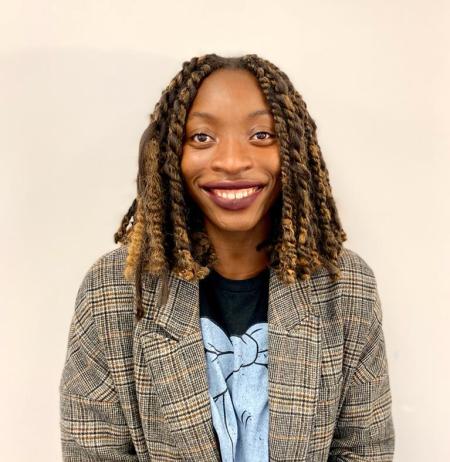
What makes you passionate about planning?
My passion lies in being part of an action or decision that makes even one person feel slightly safer and more connected to their world. The idea that decisions and actions can make meaningful changes in a community in a way that provides a space for people to feel heard and understood, even a little better, excites me. I have always been interested in community planning because communities are the most redeeming parts of human co-existence.
Tell us about a planning theme that inspires you.
The conversation on equity is spreading widely in planning practices. However, so much unlearning and unpacking still needs to be done, specifically with sub-groups on the fringes of the community, e.g. sex workers. Some ideas have falsely justified the absence of these groups in the conversation about planning. Conversations and meaningful actions that include seldom-heard voices that have fallen through the cracks of the more mainstream equity conversation inspire me; after all, the health of a city is impacted by the well-being of all.
What do you think the most important challenge will be for planners in the future?
One of the biggest challenges for planners is the need to reflect our communities in existing planning structures. To do this will require more creative approaches to equity planning, brave ways of working with communities and changing planning structures that do not work in our changing times. I also think that this new age of social media brings exciting new ways of reaching diverse populations, but it comes with the challenge of deciphering information that might not be true.
What are you most excited about at your planning school?
Since joining SCARP, I have had the opportunity to explore many aspects of planning and work with a fantastic group of students and faculty who have supported different forms of exploration. SCARP has been instrumental in creating space for creative contributions to explore more than just the academic and conventional approach to learning.
Please tell us about a place or plan that has been influential to you.
Plans and places that are community oriented ignite my curiosity. While I am still exploring and learning about a community approach to planning, much is to be said about the communal nature of planning in rural communities in the Global South. The concept of shared spaces and conversational understanding and learning can be very influential in addressing the basic needs of communities. Recently, the concept of shared spaces has been trickling into North American cities, from shared gardens to communal gathering spaces. This communal and sharing approach to space and plans can provide an opportunity to better address people’s root needs.
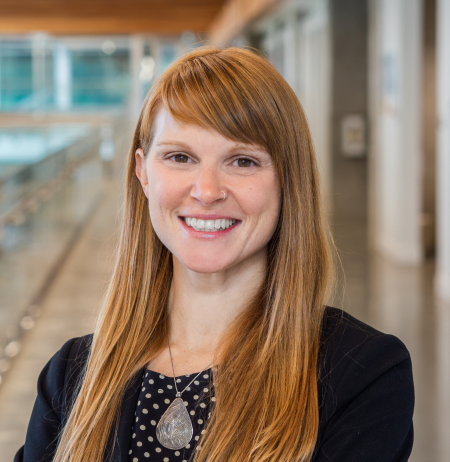
What makes you passionate about planning?
I am very excited and passionate about Indigenous planning. It’s a small but mighty field and I am inspired by the conviction and strength of Indigenous planning scholars, especially their work to uplift Indigenous planning traditions which existed long before colonization.
Tell us about a project you are working on and why it excites you.
I’m currently working on the “Transforming Cities from Within” project (link), which focuses on the transformative potential of public sector innovation at the intersection of equity, climate change and decolonization in Canadian cities. I am excited about this applied research because it allows me to collaborate with a diverse and brilliant research team and I have the opportunity to witness and facilitate connections between city staff and partner organizations across Canada.
What do you think the most important challenge will be for planners in the future?
Planners (especially non-Indigenous planners) will be challenged by the learning and unlearning required to decolonize planning and meaningfully contribute to reconciliation efforts in Canada. As planners, we will have to let go of long held assumptions and uplift Indigenous knowledges and planning traditions in order to foster good relationships with Indigenous peoples, Nations and communities.
What are you most excited about at your planning school?
Honestly, so many things are exciting to me! I’m incredibly thankful for the past work of my colleagues at SCARP - particularly the creation of the Indigenous Community Planning concentration - and really hopeful about the future of the School. We have so many thoughtful and passionate students each year who care deeply about contributing to a more just world for all.
Please tell us about a place or plan that has been influential to you.
My hometown of Sudbury, Ontario, was and continues to be hugely influential to me. I was fortunate to grow up close to family, good friends, and I spent a lot of time in nature – whether it was fishing, swimming or skating. Being from Sudbury has taught me valuable lessons in humility, empathy and the power of a good sense of humour.
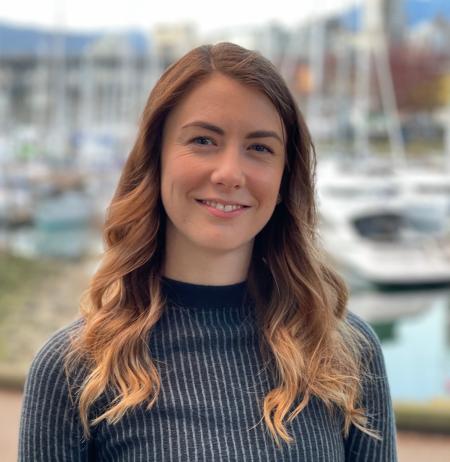
What makes you passionate about planning?
I turned to planning because I was searching for a way to apply my critical knowledge practically and effectively. I see planning as being fundamentally about taking action to improve the lived experience of people in built environments. I passionately believe collaborative planning processes can be a means to create alternate futures that address the inequities which continue to exclude the majority.
Tell us about a project you are working on and why it excites you.
I am excited to be a part of the Planning, Engineering and Emerging Technologies Research Team, with my supervisor Maggie Low, as we support Indigenous well-being in First Nations across British Columbia through sustainable energy infrastructure projects. I am excited to translate research into meaningful action in multiple realms (policy, sustainability, engineering, infrastructure…) and am inspired that we can advance First Nations’ own identified interests and research questions, and work to support their aspirations.
What do you think the most important challenge will be for planners in the future?
While planners are well positioned to address many contemporary crises, I feel our most important challenge lies in how we mobilize public engagement and collaboration to address those crises. As we appreciate that engaging with publics is imperative to good planning, the next big question is ‘What does a good engagement process look like?’. To respond to crises in ways that address systemic colonialism and inequity, we fundamentally need effective methods of engaging with publics.
What are you most excited about at your planning school?
Since joining UBC SCARP I have been most excited about the opportunities for collaborative learning with peers. Our school welcomes passionate, generative thinkers who continue to challenge my thinking, and push me to be a better human being and scholar.
Please tell us about a place or plan that has been influential to you.
During my master’s degree research on social urbanism in Medellín, Colombia, I was inspired by the power of collaborative and iterative planning processes in reconciling social and political conflicts in the built environment. I saw the joy that could be fostered in public spaces when planners listen and attend to the needs of the public and my time in Medellín continues to propel me in advocating for alternate models of engagement in municipalities here in Canada.
